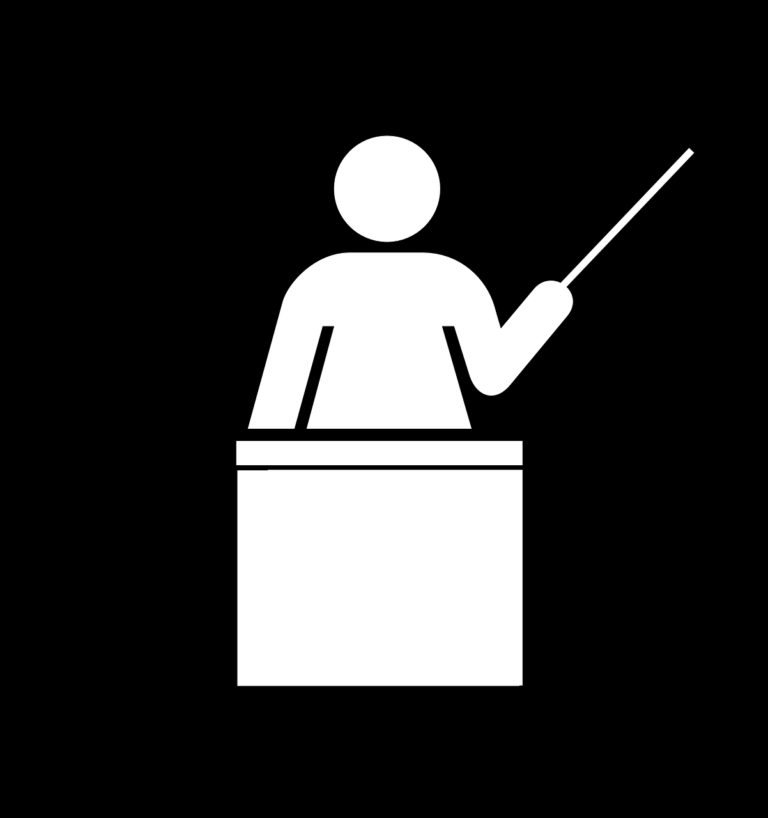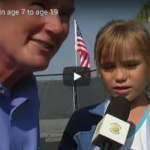Curriculum is political.
When educators write curricula – and when we teach it – we are political actors.
We know this, but we forget this.Critical pedagogue Joe Kincheloe calls our forgetting the Great Denial, a persistent state in which educators view syllabi, standards, and unit plans to be “neutral documents presenting essential data.” We forget that “any time teachers develop a pedagogy, they are concurrently constructing a political vision.”
If you ask educators directly, of course we concede the political nature of curricula. Curricular subjectivity is not hard to reason. But in our daily words and actions, we are much more likely to respect the body of knowledge than to disrupt it.
We are long overdue for curricular disruption. White educators (myself included) have not urgently or seriously enough listened to critical educators – BIPOC ones especially – who have long been demanding and driving change. These thought leaders have been producing revolutionary antiracist pedagogies, with the resources to match. There are many, but check out the The Education for Liberation Network and #disrupttexts to start.
I am far from first to make an antiracist curricular call-to-arms, and my voice should not be centered in making it. But as a believer that white silence is violence – in curriculum, too – I feel compelled to take a public stance, as a white educator, to fully support and advance the work of BIPOC critical pedagogues: to stoke a curricular revolution, and to wage war against curricular denial. Black lives are in danger; they have been for our nation’s entire history. As we seek to permanently dismantle this terrible, entrenched reality; as we take to the streets and to social media; as we demand police defunding and commit to buying black; we educators must also take this revolutionary fervor to our pedagogies. The present uprising requires curricular work. We need to read, revise, resist, and reimagine our syllabi. As this revolution unfolds, we cannot forget that our curricula are political forces – for better or worse.
To start, we need to acknowledge and embrace that our profession is inherently political. Some claim that teachers must feign neutrality as we instruct. This is false. Neutrality is not a requisite nor a reality of our craft. Right now, we need to say, unequivocally, that #blacklivesmatter. We also need to say that “all lives matter” is not a defensible rhetoric or response. This is not a matter for “guide on the side” inquiry. It’s just plain wrong.
As the ultimate goal of an education, we want for our students to become independent critical thinkers. But we also want them to be moral and just people. As such, we should not abdicate our own moral insistences about the real injustices facing our world, past or present. In fact, when we feign moral neutrality, or fail to address moral injustices, wemove politically. We vote in favor of the status quo. As teachers, our presence and our practice is never, ever neutral. Our students know where we stand on slavery and the Holocaust. They should know where we stand on #blacklivesmatter, too.
In addition to taking a stance, we need to urgently examine all of our planned curricula. We need to align that curricula with our moral stance, not with the proscribed standards. There is no way that the current syllabi for ‘20-21 are adequate. Pandemic and remote learning aside, we need to engage students on systemic racism, anti-darkness, white privilege, the threat of a militarized despotic state, and so much more.
We won’t find these topics in the common core, in textbooks, or on exams. So what? It’s our professional, political, democratic, and human obligation to teach them. We need to take a hard and honest look at the proposed, entrenched material. We need to question whether it is most relevant, right here and right now. We need to be willing to revise and replace it. And this is not work for our history colleagues alone. This is work for every teacher in every course.
It’s going to be hard and uncomfortable. We need to have difficult conversations about what stays and what goes. We also need to break very ingrained habits. We need to abandon courses we have taught for years; courses that we have invested hours and hours constructing. We need to abandon the measures of success to which we have grown accustomed. And while we abandon the old, we must also build the new. We don’t likely have the lessons and the units that we need. We need to create them.
For white educators, it’s critical that we listen to our BIPOC colleagues, and follow the lead of BIPOC curricular visionaries and theorists, as we take part in this recreation – though we must take active part. We too must center the voices of the students and communities that we serve, inquiring as to what they want to read, write, and grapple with as they work to make sense of, and to make a difference in, our changing world.
What we create will not be perfect. We will move fast, and we will make mistakes. But it is better that we err in the right direction. Because the world is changing. We have an opportunity, in working with our future generation, to make sure that this change is for the better; that it bends the universal arc towards justice. But if 2020 is going to be that inflection point, we simply cannot enact the pedagogies of 2019.
Baldwin reminds us that “children have never been very good at listening to their elders, but they have never failed to imitate them.” We will tell our students that we are antiracist. They may or may not listen. But if we act – if we change our classrooms at the pace of this revolution, if we construct courses that sing with relevance – our students will notice. Then, we will be elders and educators worthy of imitation.



